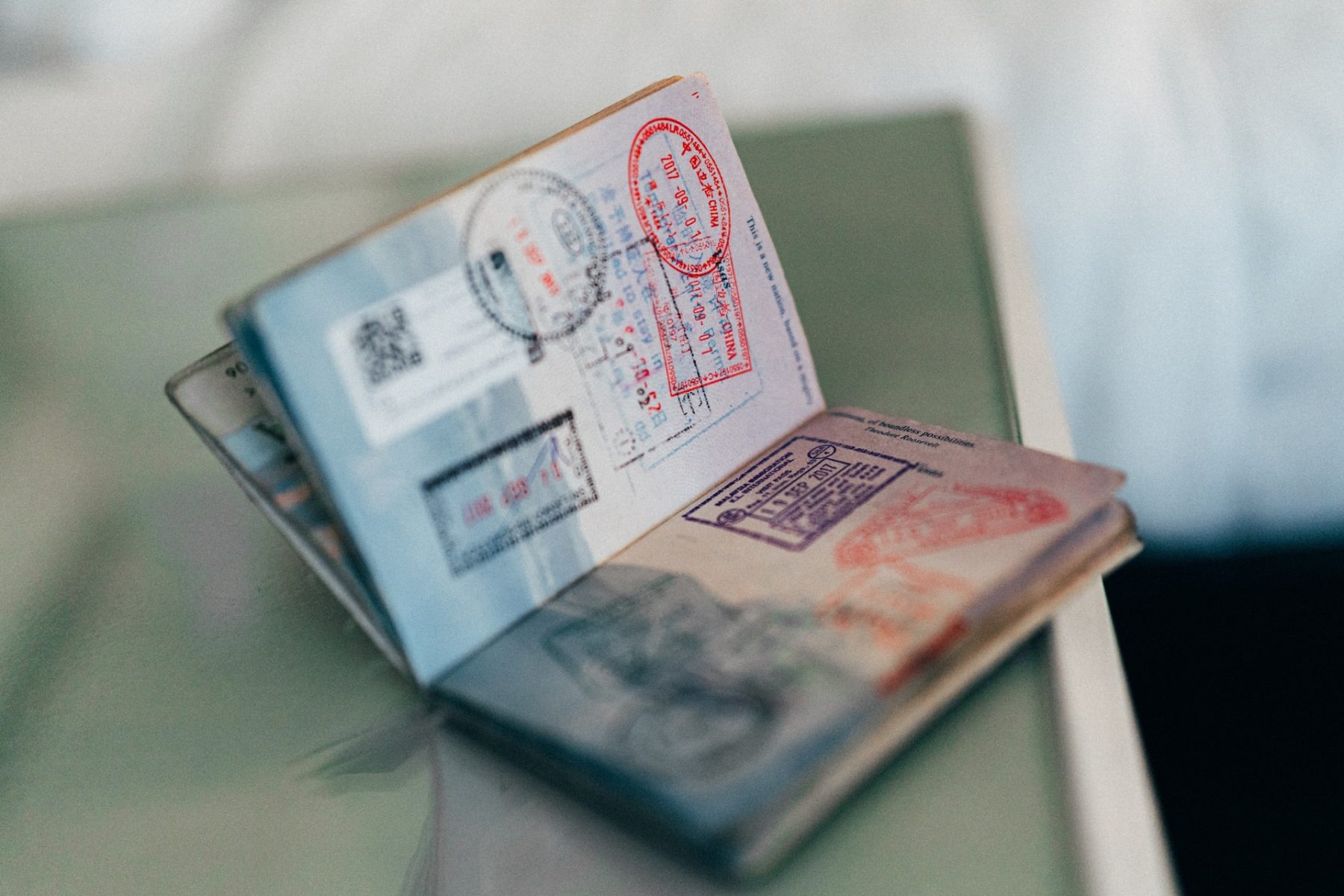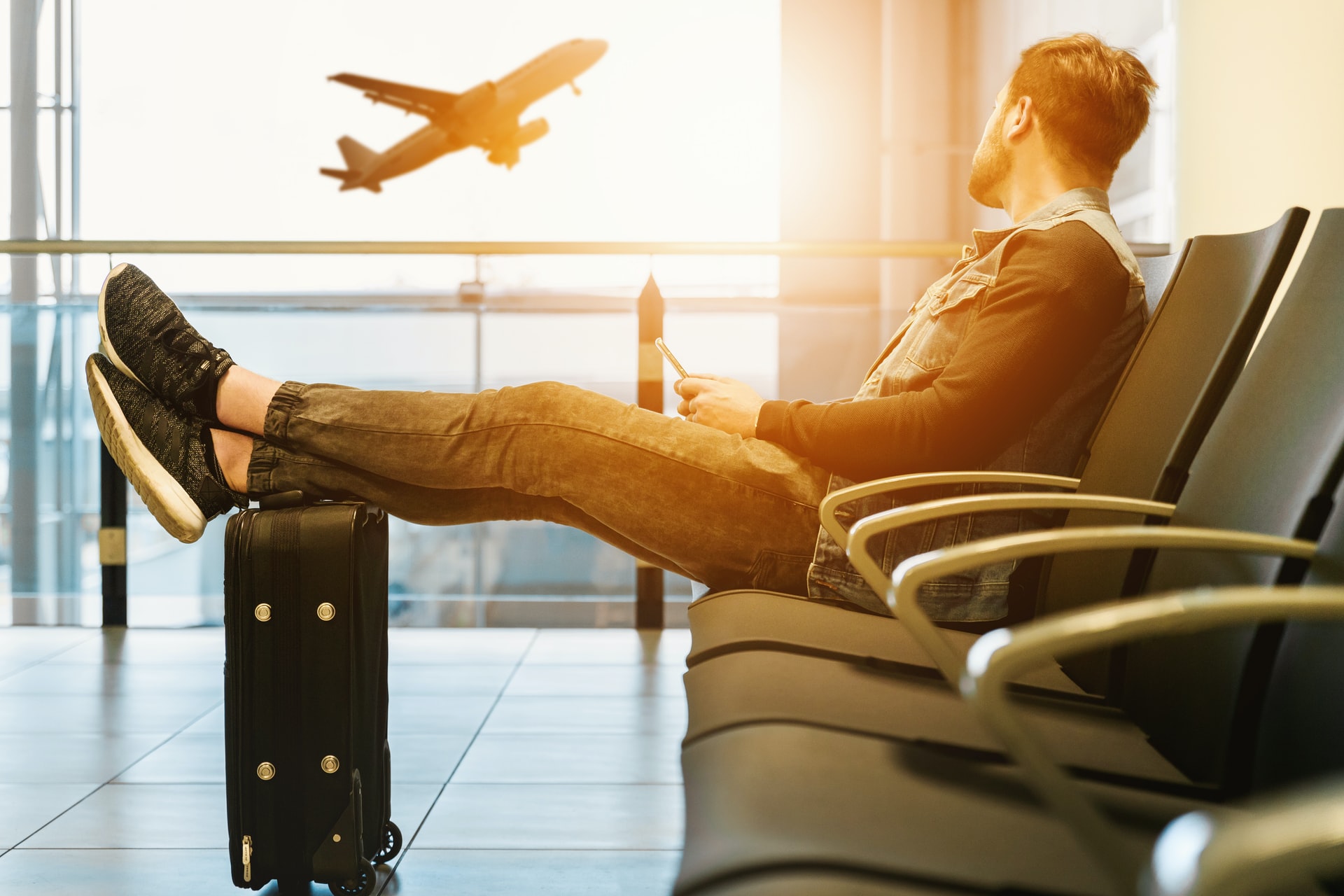In the USA wildfires have been raging for nearly a month across Oregon, California and Washington State. Thirty-five have died, many more are missing, and tens of thousands have had to flee. In Oregon alone 500,000 people are under one of three evacuation alert levels, advising them to pack and be vigilant, to be ready to escape at a moment’s notice or to leave immediately. 40,000 have been ordered to leave. While Trump denies that there is any more to it than poor forest management. Still, there is denial.
Sadly Trump is not alone in being in denial. In a global survey in 2018, 13% of Americans agreed that the climate is changing “but human activity is not responsible at all”. A further 5% said the climate was not changing. Only Saudi Arabia (16%) and Indonesia (18%) had a higher proportion of people doubtful of humanmade climate change. However, climate change deniers are in the minority everywhere. Nowhere are climate change deniers more than 20%.
Unfortunately, some of them are in positions of real power, and many leaders fear the electoral consequences of taking the necessary action. It is so much easier to make grand commitments to being carbon neutral by 2050 than to take effective action now. Greenhouse gas emissions accumulate in our atmosphere. If all forms of greenhouse gas emissions miraculously ceased in 2049 it would be too late; our climate would have changed to such an extent that the world would have made life very difficult for all of us – and all the species which share Earth with us. We have been nurtured and prospered on a planet which has been able to regulate climate within tolerable limits and provide a cornucopia of biodiversity for us.
As David Attenborough explained in his latest documentary Extinction: The Facts, shown on primetime television in the UK yesterday, we face catastrophe if we do not address the twin perils of climate change and biodiversity. These twin perils exacerbate poverty, racism and migration pressures. Attenborough interviewed scientists linking the current Covid-19 pandemic with our over-exploitation of the natural world and the destruction of biodiversity which can nurture or destroy us. Remember Sars, Mers, Ebola, Aids and now Covid-19, it is very unlikely to be the last or the most deadly.
Attenborough closed his programme last night with the example of the gorillas of Congo, Rwanda and Uganda which have been brought back from extinction by protecting their habitat and keeping out the poachers. Tourism has brought to the reserves the visitors who pay for their opportunity to see these creatures in their natural environment. Tourism can help to secure a future for at least the charismatic species.
At WTM, London, the Responsible Tourism programme this year will be entirely virtual 10 and 11 November. We have eight live panels looking for and discussing solutions to the major issues facing our species and our industry.
Working with the World Tourism Forum, Lucerne, we have been interviewing policymakers, scientists and industry figures about ‘Biodiversity, eco-system services and tourism – conflict or symbiosis?’ Watch the videos as experts suggest solutions.
Our sector has been devastated by Covid-19, at the heart of our industry is people travelling to stay in someone else’s place, too often carrying the virus with them. But this is only part of the problem. The other part is the dirty fuel the airlines are hooked on. The aviation industry is our sector’s Achilles’ heel. Planes commissioned this year are expected still to be flying in 2050 – the time to change is now, and in a panel on aviation, tourism will be challenging aviation to clean up.













